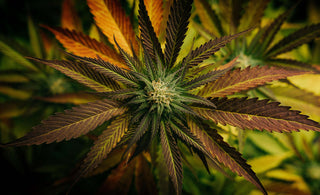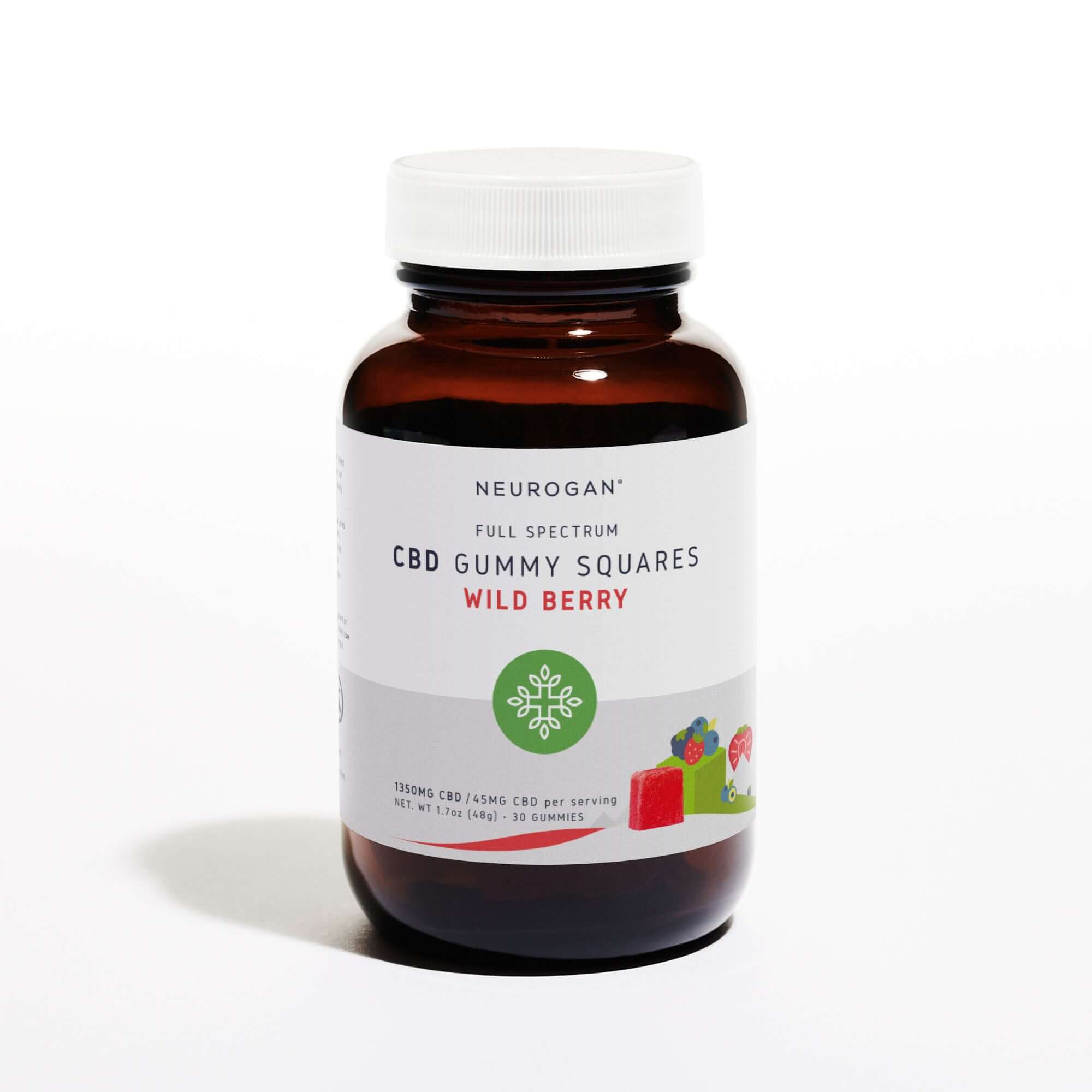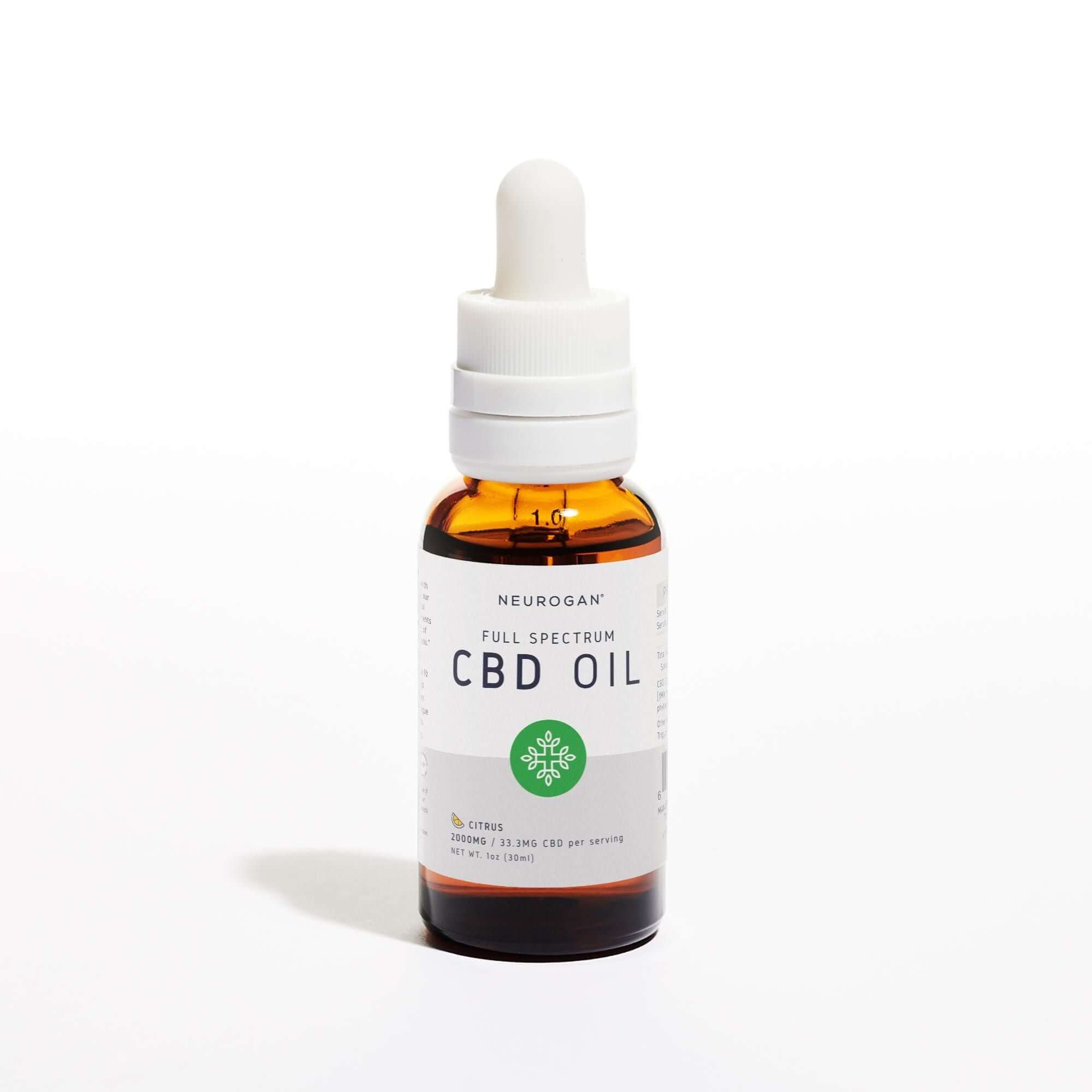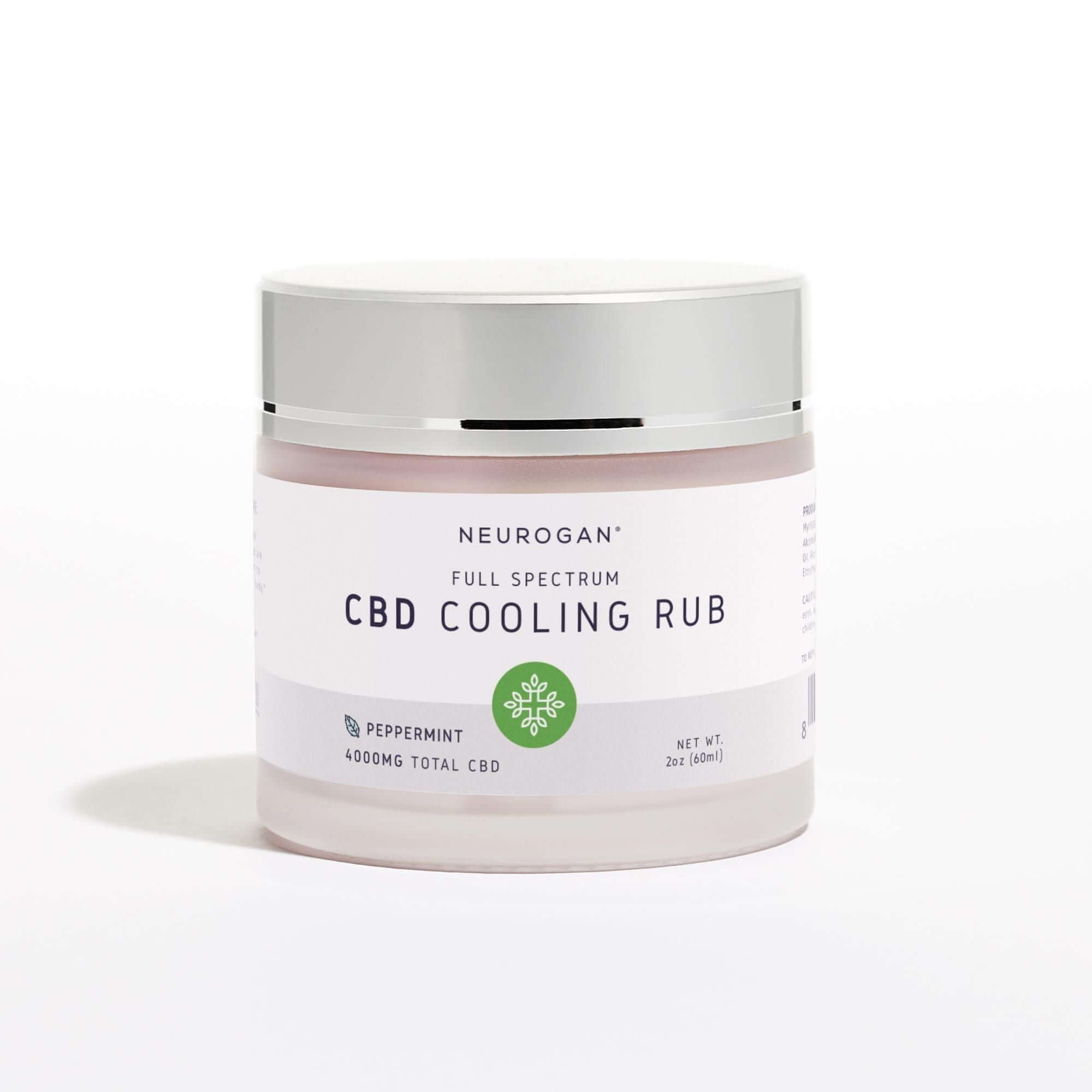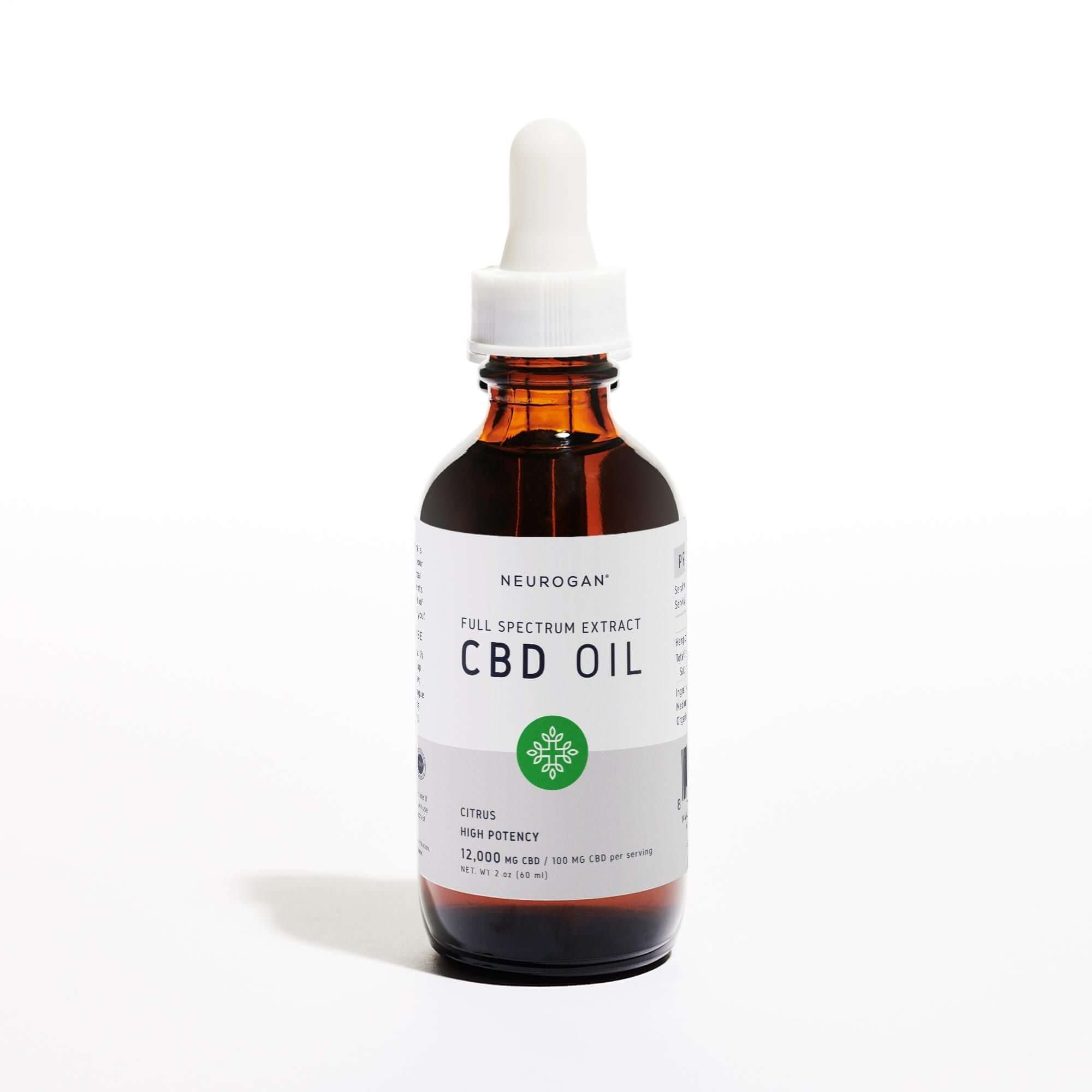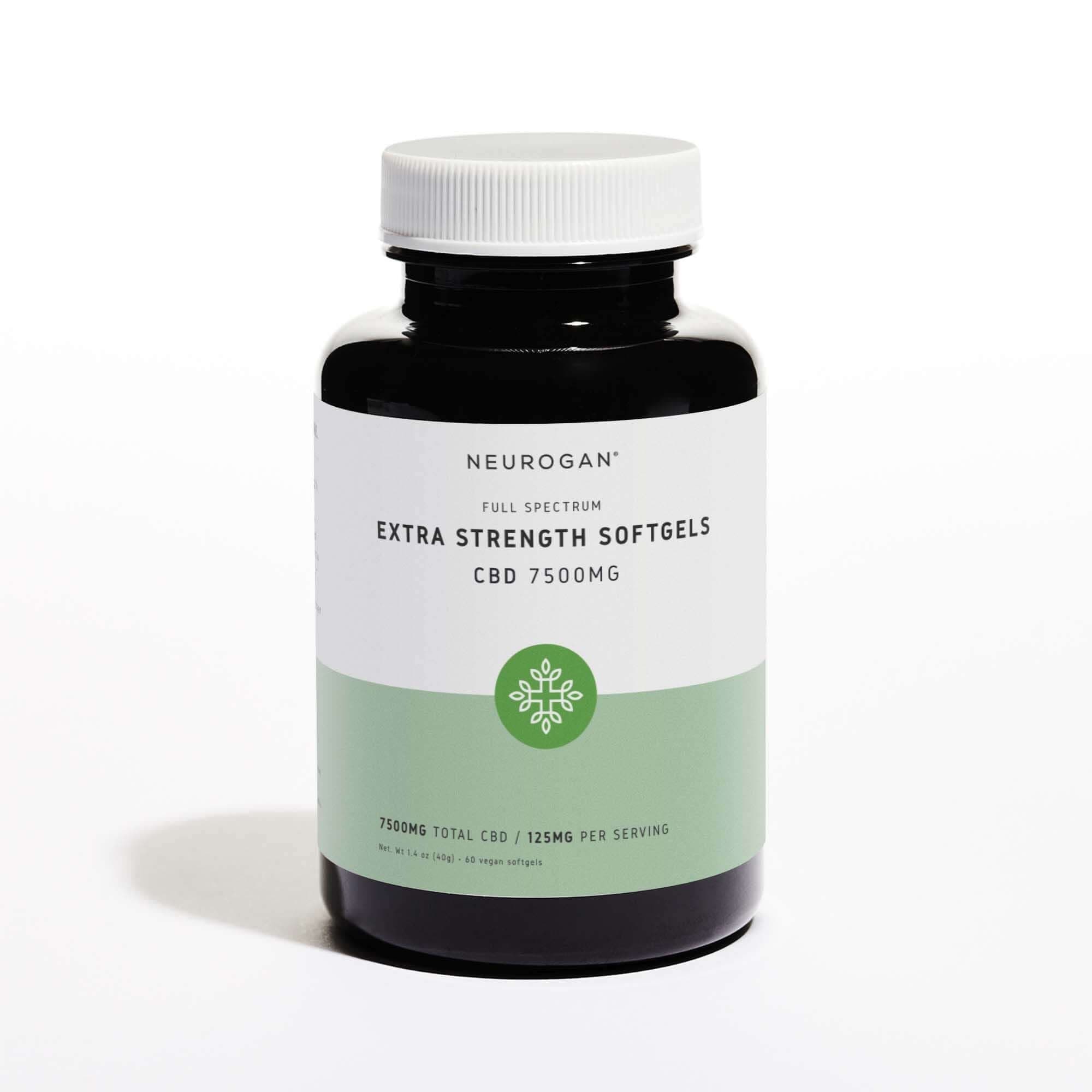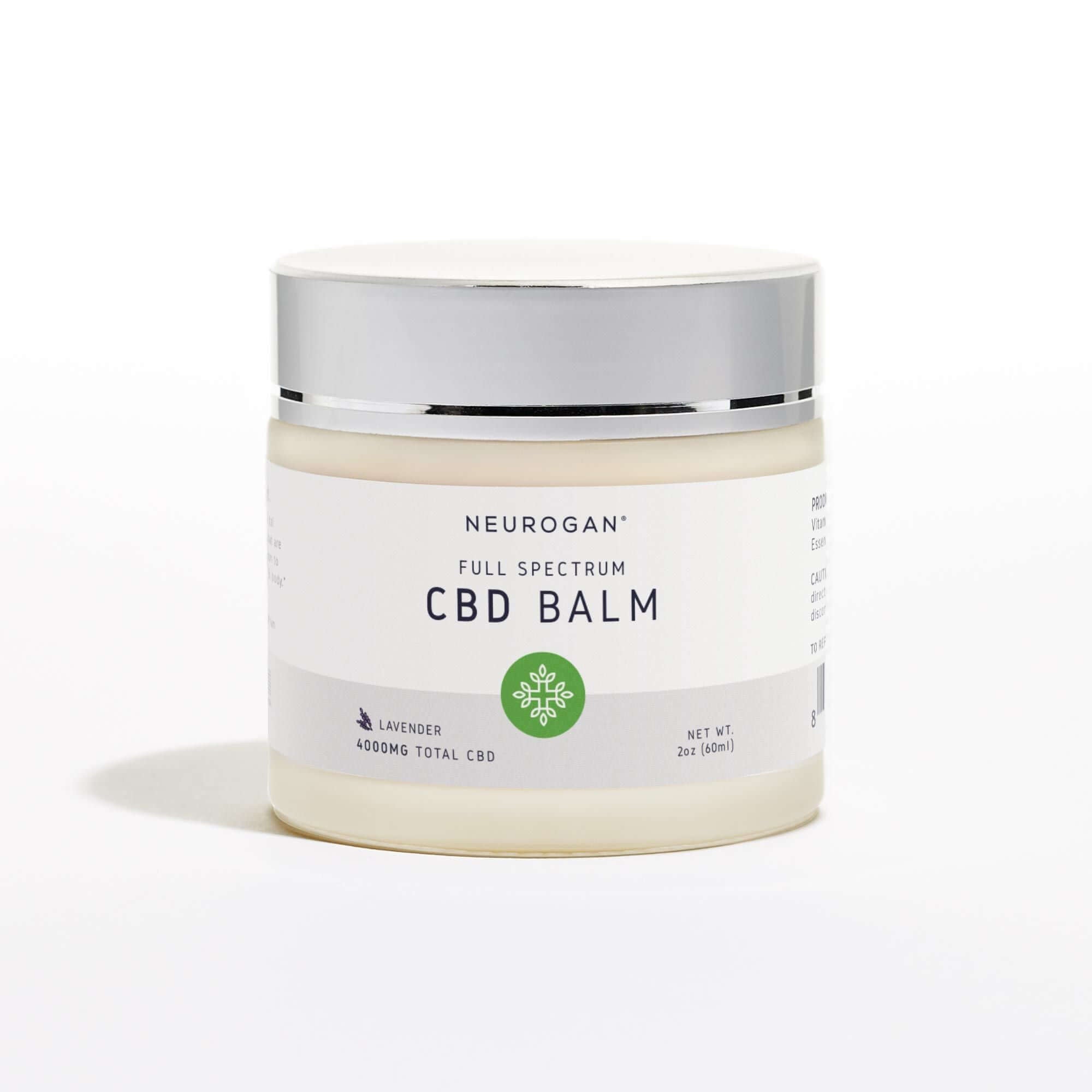If you've ever heard of the cannabinoid delta-8, you may be wondering if it makes you high.
After all, delta-8 is a variation of the traditional THC molecule abundant in weed—but does Delta-8 have the same effects as THC?
To get straight to the question—yes, delta-8 THC is a psychoactive substance that produces a mild high. Delta-8 is an isomer of the common delta-9 cannabinoid, and isomer is a molecule with the same number of atoms as another molecule but a different structure.
The double carbon bond on the eighth chain results in delta-8, and when it's on the ninth chain, it produces delta-9. While this difference is subtle, it's enough to produce different psychoactive effects.
Here's what you need to know.
Key Takeaways:
- The main psychoactive compound in the cannabis plant is delta-9 THC.
- Most scientific and legal literature referring to THC is specifically referring to delta-9 THC—but there are other isomers of delta-9 THC that are found to have psychoactive effects.
- Delta-8 THC is an isomer of delta-9, but it exists in very low quantities naturally.
- The delta-8 THC is said to feel calmer, clear-headed, and milder to delta-9—making it more practical for day-time use and beginners who tend to feel overwhelmed with regular marijuana.
How Does The Delta-8 THC High Feel Like?
Compared to other cannabinoids, delta-8 is known to have a longer duration. The typical dose for delta-9 THC is around 10-40 MG.
Since it interacts with CB1 and CB2 receptors in the central nervous system, just like traditional THC, you can expect similar effects on boosting appetite, mood, and hyperactivity.
Some of the adverse effects many people experience when smoking weed include anxiousness, loss of coordination, poor memory, and paranoia. This typically happens with high doses of THC, and experts believe this happens because of the stimulation of the amygdala in the brain, which regulates our stress, fear, and emotions. This feeling is enough to put anyone off the use of THC products, despite its benefits.
As we stated, delta-8 THC is a much less potent version of delta-9, which means it doesn't lead to a drastic stimulation of the CB1 receptors that elicits a food of feel-good hormones and an overstimulated amygdala.
Most users report feeling relaxed, calm, clear-headed, inspired, giggly with a side of the munchies when they use moderate doses of delta-8 THC, which is why it's a preferred cannabinoid for first-time users who find delta-9 THC too much.

How High Can You Get From Delta-8 THC?
The intoxicating effects of delta-8 THC can be different for everyone. Many factors can contribute to the effects of cannabinoids, from the user's genetics, experience, and lifestyle to the dosage, method of administration, and extract type.
Many users report that when they take high doses of delta-8 THC (70+ MG), it has a euphoric effect, but it's still not as stimulating as the delta-9 high. They may feel more forgetful, less coordinated, but more relaxed and perhaps sleepy with delta-8 THC.
In some cases, delta-8 may cause anxious feelings, panic attacks, and paranoia—as you could expect from delta-9 THC, but this can often be mitigated by taking proper doses.
How Long Does Delta-8 THC Get You High?
Delta-8 THC typically induces effects within 30 minutes to an hour after ingestion, and the high can last anywhere from 4 to 8 hours, depending on individual tolerance and the amount consumed. This duration may also vary with different methods of consumption, such as vaping or edibles.
Keep in mind that the potency and effects of Delta-8 can be less intense than Delta-9 THC, the main psychoactive component of cannabis. Luckily, the overall effects aren't long-lasting and can be mitigated by taking low doses of Delta 8 THC or Delta 9 to avoid an intense high.
What Does The Research Say About The Medical Benefits Of THC?
As marijuana becomes more widely accepted and legalized, people are increasingly interested in its medical benefits. THC (tetrahydrocannabinol), the main psychoactive compound in cannabis, has been shown to have a variety of potential medical applications. But what does the research say about the medical benefits of THC?
1. May Support Pain Chronic Pain
Pain is a complex experience with many contributing factors. While many medications are available to help reduce pain, some people find that they don't work well for them or have unpleasant side effects.
There's a lot of anecdotal evidence floating around about the benefits of THC for pain relief. Many people prefer to turn to THC over opioid-based pharmaceuticals for pain management—But does science support this?
Unfortunately, there is still a lot we don't know about how THC helps reduce pain, and more research is needed. In animal studies, delta-9 THC has been shown to have antinociceptive effects or increase the antinociceptive effects of morphine [1]. Nociceptive pain is different from neuropathic pain (dysfunction or damage to the nervous system) as it results from physical trauma to the musculoskeletal system, such as an injury to surgical procedures.
Another interesting study found that delta-8 specifically may help reduce inflammation and pain from eye injuries [2]. This is likely due to THC and its interaction with cannabinoid receptors that help to regulate health inflammation levels and manage pain perception.
While these animal studies are promising, currently, there isn't a THC-based compound that's FDA-approved to cure, mitigate, or treat diseases, but that hasn't stopped people from using THC to reduce pain symptoms.
2. Increased Appetite
Anyone familiar with the effects of THC from either smoking it or THC edibles knows that the munchies are a common effect alongside the high. Delta-8 has been reported to stimulate appetite, in some cases, even more than regular THC.
For some people, an increased appetite is useful for medicinal purposes. It can help those suffering from eating disorders or experiencing negative side effects from medication or treatment get proper nutrition.
The control of hunger and satiety is a complex process, but researchers believe that endocannabinoids, specifically the CB1 receptor play a role in moderating appetite signaling as observed in animal studies [3].
3. May Relieve Stress To Support Relaxation
For most users, there's a fine line between THC's ability to relieve stress and full-blown panic attacks. The psychoactive properties of THC have many benefits towards activating feel-good hormones that may help to improve mood and reduce overall stress, but if you too much THC tends to feel incredibly overwhelming.
Experts advise that if you're looking to use THC (delta-8 THC or delta-9) for relaxation, consider small doses. It's much easier to control doses when using edibles (over vaping it or rolling a joint). Each gummy, oil, or capsule will deliver a pre-determined dose of the compound that's much easier to control.
Another way to keep anxiety at bay using THC is to start with a small dose and work your way slowly until you feel the positive effects—again, this is much easier to manage with edibles. Take a gummy, wait an hour and monitor how you feel before going in for more.
CBD and CBN products are much more useful for providing stress support and relaxation to help with sleep problems as they don't have the propensity to induce anxious feelings, unlike THC.
Are There Any Negative Side Effects With Delta-8 THC?
Most of the adverse effects of delta-8 THC use come from the adulteration of the products or improper doses.
Cannabis products are poorly regulated as a whole—while there are companies out there who are genuinely offering the best products for the wellbeing of their customers, there are others who are in it for a quick buck and will opt for shady practices to higher profit margins.
Because delta-8 THC doesn't exist in very high concentrations in cannabis plants, it's often manufactured using a chemical reaction to transform CBD into delta-8 THC.
Some of the adverse effects of delta-8 THC include:
- Dry mouth
- Red eyes
- Low heart rate
- Poor short term memory
- Loss of coordination
- Difficulty concentrating
- Nausea
- Drowsiness
- Feeling of anxiousness and overwhelm
How does Delta-8 THC compare to Delta 9 for High?
There are two main cannabinoids—CBD and THC.
"Regular THC" is technically called delta-9 tetrahydrocannabinol, but this molecule has many variations. Delta-8 THC exists naturally in cannabis plants but very low quantities (less than 0.1 %). Delta-8 is what's called an isomer.
Isomers are molecules with the same molecular formula but a different arrangement of atoms, resulting in different chemical, physical, and biological properties. For example, isomers of glucose can have different sweetness, reactivity, absorption, and solubility.

In the case of delta-8 vs. delta-9 THC, the differences lie in the placement of a double bond—on delta-8, it's found on the eighth carbon chain, and on delta-9, it's on the ninth. They still have interactions at the same receptors, but the shape of the molecules produces enough of a difference to have unique experiences.
Delta-8 is believed to occur as the delta-9 tetrahydrocannabinol molecule degrades from oxidation, so many cannabis experts believe that delta-8 is a much more stable cannabinoid with a much longer shelf life.
In terms of effects, delta-8 THC is about half as potent as delta-9 THC, which means to achieve the same level of psychoactive effects as smoking weed, you'd need to take double the amount of delta-8 THC. However, compared to traditional wee, delta-8 THC seems to produce still much lighter, clear-headed high that lasts much longer.
Why Does The Cannabis Plant Get You High?

When someone says the word "cannabis," what comes to mind? The first thing that comes to mind for many people is getting high. But what exactly is it about cannabis that makes you feel this way? And why do some strains make you feel higher than others?
The cannabis Sativa plant is home to over a hundred biologically active compounds that affect the body. The most interesting compounds are called cannabinoids, which closely resemble neurotransmitters in mammals in the endocannabinoid system (ECS) called endocannabinoid.
The endocannabinoid system and the word "cannabinoids" have similar names because the ECS discovery came from researchers investigating how the effects of cannabis plants worked on the body.
The most prominent compound in cannabis plants responsible for psychoactive effects is tetrahydrocannabinol (THC). THC acts on ECS receptors in the central nervous system, specifically CB1 receptors that activate the brain's reward systems, which govern the response to pleasure, relaxation, and mood enhancement.
Not all cannabis plants will produce a psychoactive effect—hemp plants, which are cannabis plants with up to 0.3% THC (0.2% in Europe), don't have enough THC content to produce an intense high.
Instead, hemp is valued for its CBD content, hemp seeds for food use, and its fibrous stalks for textiles. CBD itself isn't psychoactive, but it has been shown to support the overall function of the endocannabinoid system that may make some people feel more relaxed and calm—this isn't exactly the typical "high" associated with marijuana use, but it is a feel-good compound.
The Takeaway: Does Delta-8 Get You High?
Delta-8 THC is an isomer of the main psychoactive cannabinoid, delta-9 THC, which has psychoactive properties. However, it's' noted to be about half as potent as a regular weed. Because of this, delta-8 THC has the nickname "light weed," and many people enjoy using it because it produces a milder, clear-headed high that's less prone to feelings of anxiousness or paranoia.
While researchers have found medicinal benefits for THC, its psychoactive effects make it an undesirable compound for a wide range of uses, including those who have a mental illness, which is why researchers are turning to other cannabinoids with similar effect profiles to THC—just without the intoxicating effects—like CBG, CBN, and CBD.
If you want to experience the high from delta-8 THC for yourself, always shop with a trusted brand that can provide the certificate of analysis to ensure it's unadulterated with acids, heavy metals, solvents, or other nasty chemicals which may cause irritation or worse.
As long as you're using a quality delta-8 THC product, the adverse side effects aren't anything to worry about, and you're likely familiar with using weed. Stick to low doses and build your way up slowly to avoid negative effects.
FAQ
Is Delta 8 Safe?
The delta-8 THC product is safe to consume as long as manufacturers use high-quality CBD and ensure that the caustic acids involved in the chemical reaction are entirely eliminated from the finished product.
How Long Does Delta 8 High Last?
The effects of delta-8 THC may last 4-6 hours, and can be mitigated by taking low doses to avoid an intense high.
What Does The Delta-8 THC High Feel Like?
When using modest amounts of delta-8 THC, most users report feeling comfortable, calm, clear-headed, motivated, giggly, and a little hungry.
Resources:
- Naef, M., Curatolo, M., Petersen-Felix, S., Arendt-Nielsen, L., Zbinden, A., & Brenneisen, R. (2003). The analgesic effect of oral delta-9-tetrahydrocannabinol (THC), morphine, and a THC-morphine combination in healthy subjects under experimental pain conditions. Pain, 105(1-2), 79-88.Chicago
- Corneal injury can result in dysfunction of corneal nociceptive signaling and corneal sensitization. Activation of the endocannabinoid system has been reported to be analgesic and anti-inflammatory.
- Berry, E. M., & Mechoulam, R. (2002). Tetrahydrocannabinol and endocannabinoids in feeding and appetite. Pharmacology & Therapeutics, 95(2), 185-190.Chicago




